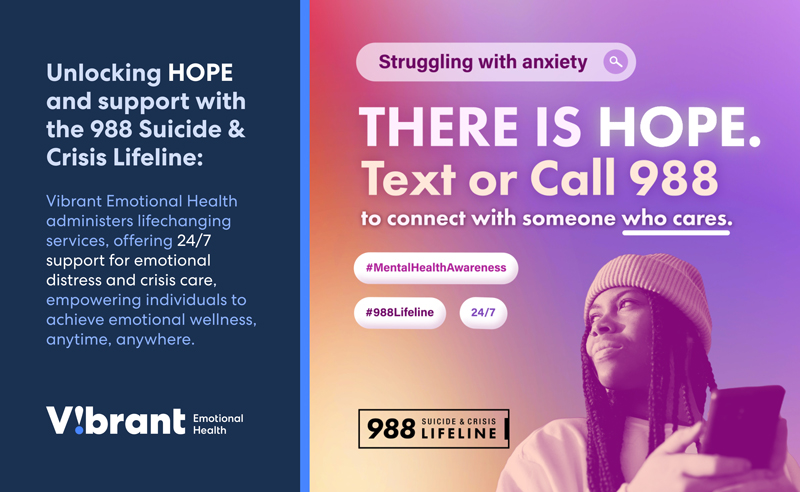Substance use and misuse have reached epidemic proportions across the United States. In a 2020 survey, the Substance Abuse and Mental Health Services Administration (SAMHSA) estimated that more than 40 million individuals across the country over the age of 12 have a substance use disorder, with over 140,000 alcohol-related deaths per year (CDC, 2018). These numbers are staggering. As a clinician, many people ask me why individuals become addicted to substances (and there tends to be a lot of feeling behind that question). I can only say that there is no one answer. Sometimes, it’s accidental, and a person can be prescribed medication that leads to addiction. For others, they are escaping what is happening in their lives. People can also experience a slow slide into more dangerous drugs simply because they are having a good time. Addiction looks different for everyone, and the etiology of it is as individual as any person’s trauma. However, Substance Use Disorder is NOT a failure of character. Drugs and alcohol are created to make you feel good and can be addictive. That is its purpose. Unfortunately, the individual who is addicted is likely the one who will need to get themselves out of the addiction.

One of the most challenging aspects of substance use and misuse (besides the obvious) is stigma. People struggling with substances often face an incredible amount of judgment from providers, friends, family and even co-workers. Folks who are addicted often internalize those same judgments – targeting one’s willpower, personality, and abilities – and use them as a weapon against themselves, which can lead to giving up on the road to recovery. Additionally, different substances carry with them different perceptions – if you are addicted to fentanyl, you will be treated differently by others than if you were to be addicted to Xanax. In fact, different versions of substances carry with them different legal penalties (e.g., crack versus cocaine) that are rooted in systemic racism. The perceptions of drug use and substances are related to class, race, and a whole host of societal factors that you, as the addicted person, have no control over. So, what do you have control over? Two things: 1) The help you seek and 2) how you approach your own addiction. Caring for yourself as a person addicted to substances starts with care – the belief that you are a person who deserves help.
As a clinician, I hear people say all the time, “That person needs AA!” Of course, we know that Alcoholics Anonymous is an abstinence-based program with religious/spiritual elements that may not work for everyone. For some people, abstinence is not the goal; reducing the amount of usage is what we are striving towards (e.g., Harm Reduction). So, back to the first point: “The Help You Seek.” No one thing helps everyone. Are you looking to reduce usage? Do you want to go cold turkey? Do you want to connect with others during your journey? Do you have insurance? There are many questions that you can ask yourself in a precise moment. There are also online resources like the 988 Suicide & Crisis Lifeline, where you can speak to someone and talk through what works for you, or SAMHSA, where you can find treatment based on your unique needs. In working with folks who are struggling with substance abuse, I try to stay away from words like “strength” and “willpower” – you can, and people do white knuckle their way into sobriety, but not everyone can, and the inability to do so does not make you a bad person.
This leads us to my second point: “How you approach your own addiction.” Figuring out what might work to get you where you want to be is key. Again, sobriety may not be the goal – the goal for you may simply be to not use certain substances daily. There is more than one way to approach addiction, but starting with kindness towards yourself and practicing forgiveness will go a long way toward realizing notable progress. The more you judge yourself, the less success you might see in yourself. Think about the stigma you hold against yourself and try to let it go.
You are more than your addiction, both now and after you’ve achieved your goals.
Tia Dole, PhD, is the Chief 988 Suicide & Crisis Lifeline Officer at Vibrant Emotional Health. Dr. Dole is a licensed clinical psychologist and a long-time advocate for the rights of those with intersectional identity. Prior to stepping into the role of Chief 988 Officer, Dr. Dole was the Executive Director of The Steve Fund, the nation’s only organization focused on the mental health and emotional well-being for young people of color. Additionally, Dr. Dole was the Chief Clinical Operations Officer at The Trevor Project, the world’s largest suicide prevention and crisis intervention organization for LGBTQ youth. Dr. Dole oversaw all The Trevor Project’s crisis services programs as well as their volunteer community and increased their impact by a factor of four.
After completing her bachelor’s degree at Carleton College, Dr. Dole received her Master’s degree in Developmental Psychopathology from Columbia University (Teacher’s College), and she received a Fulbright Fellowship to study Forensic Psychology in Switzerland. She then completed her doctorate in clinical psychology at Fordham University. Dr. Dole is a published author and sits on several committees. One of her passions is normalizing mental health conditions within communities of color, LGBTQ communities, and helping people get access to services. She is based in New York/New Jersey.
Sources








